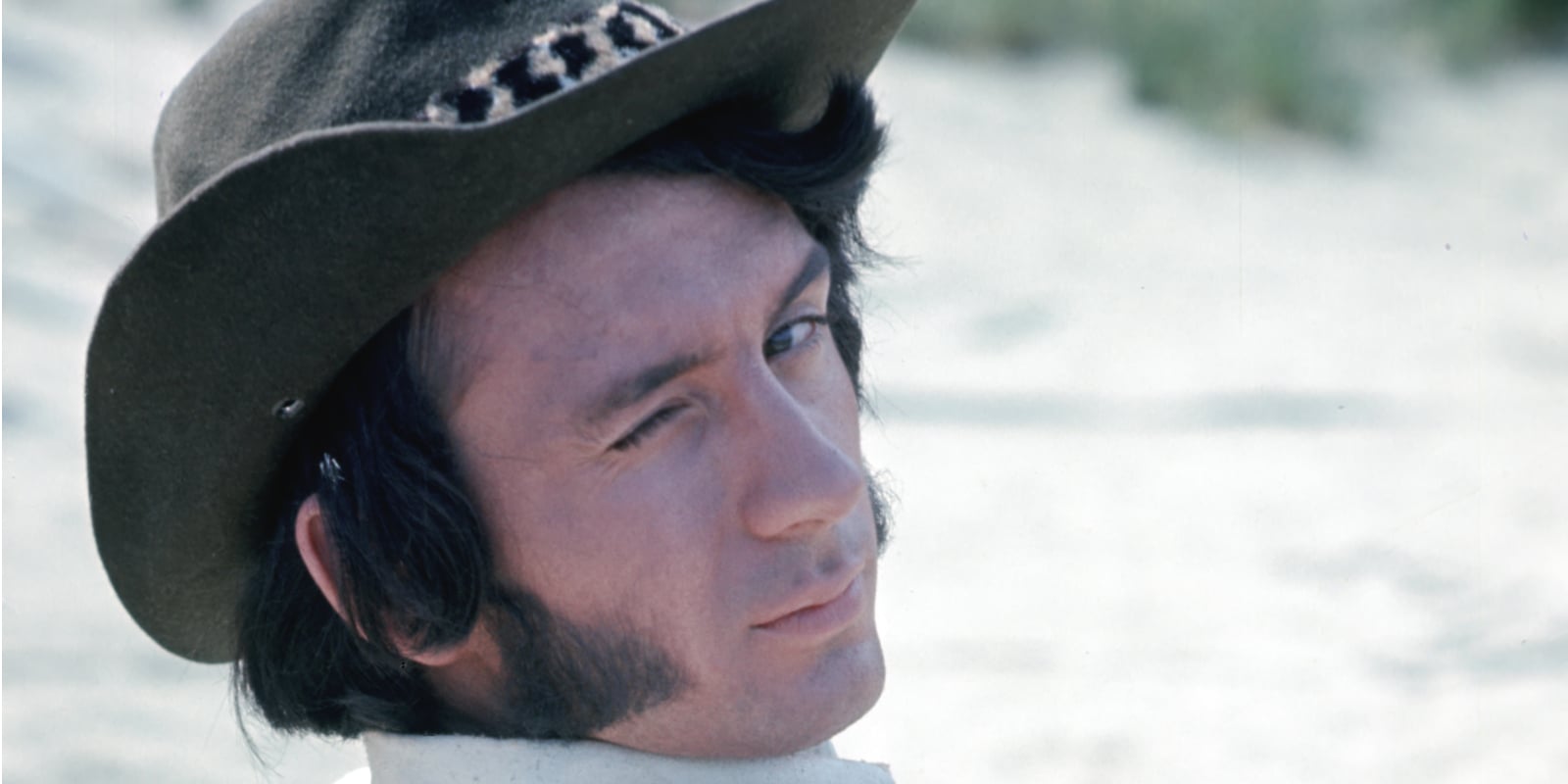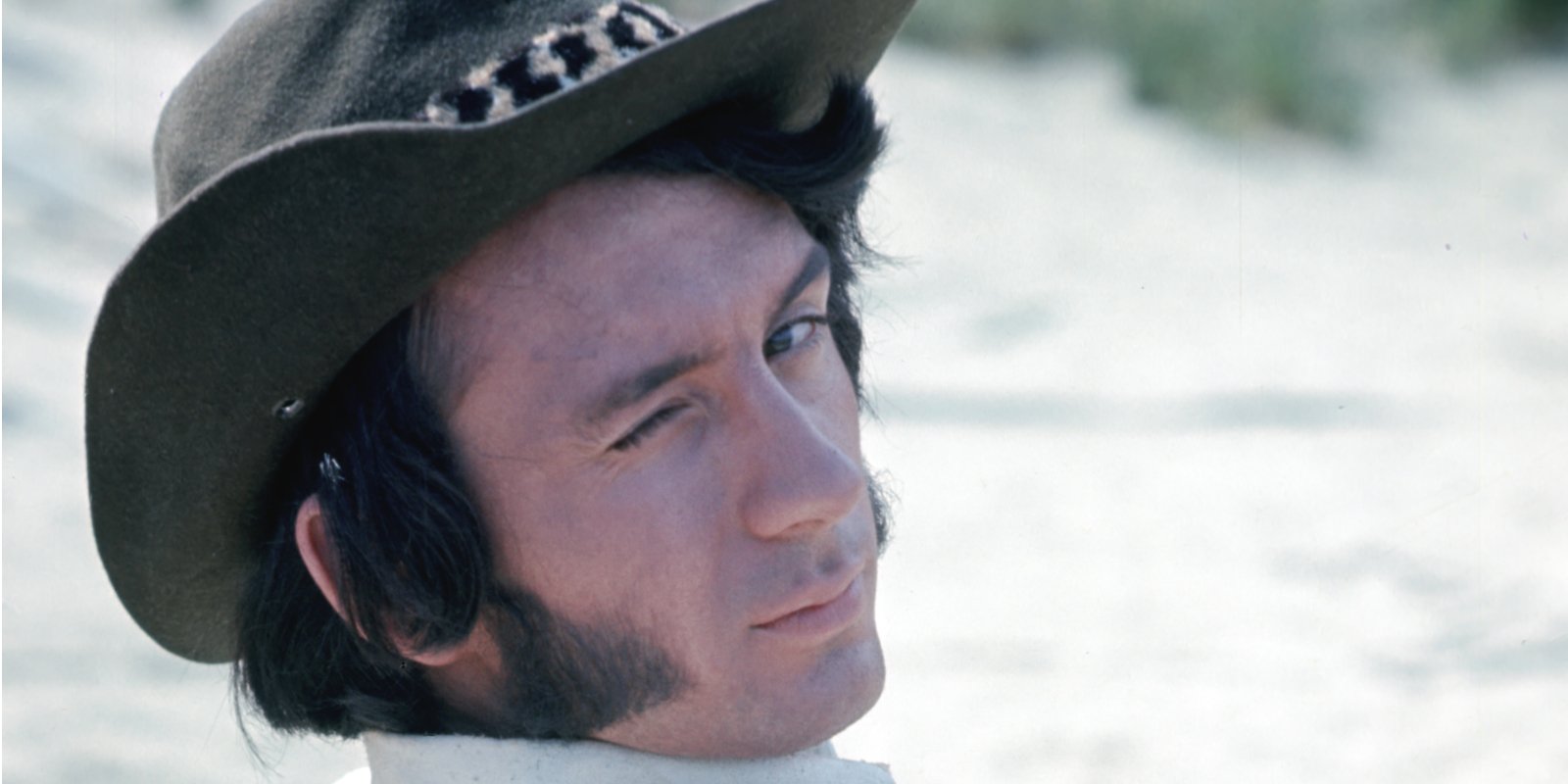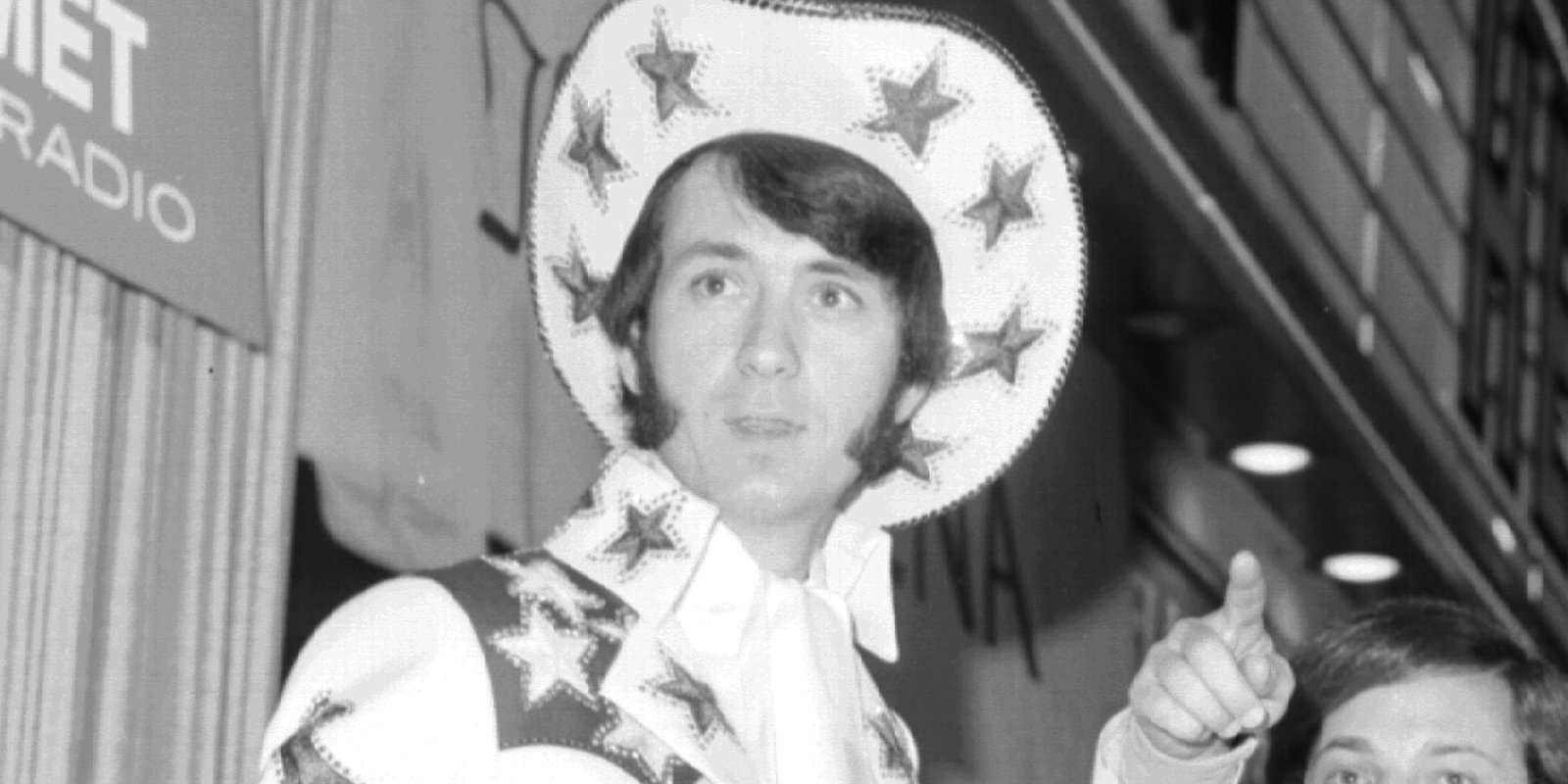
The Monkees’ Mike Nesmith Squashed the Idea He Was a ‘Pioneer’ of Country Rock Music
The Monkees guitarist Mike Nesmith has long been applauded for his fusion of rock and country music as far back as the late 1960s. However, Nesmith squashed the idea he was a “pioneer” of country rock music, claiming he just followed what felt natural to him as a musician.

Upon presenting his country/rock blend of music to ‘The Monkees’ producers, he was met with a ‘negative’ response
Mike shared with Uncut Magazine that when presenting his music to the producers of The Monkees television show, they met him with a “uniformly negative” response. This reaction was perhaps due to the fact that the show centered around a pop band and Nesmith wrote songs with a country music flair.
“There was no reception within The Monkees’ power structure for my music. The response was uniformly negative,” he explained. “My songs, the way I sang, were perceived as liabilities that would marginalize the effort to create pop records,” he continued.
“Anything of mine that did show up was there only after massive struggles and some very difficult times. But, you know, that was just part of the drill. There was a TV show, a movie, and a whole nexus of talent. It was just a whirlwind.”
However, Mike Nesmith squashed the idea he was a ‘pioneer’ of country rock music

In an interview with Damien Love, Nesmith squashed the idea he was a “pioneer” of country rock music. However, he was fusing the two styles of music from the earliest days of The Monkess with songs like “Sweet Young Thing” and “Papa Gene’s Blues.” Both tunes were featured on the band’s first album, and coincided with the debut of their 1966 television series.
However, Nesmith didn’t believe he had that much influence in a genre that featured acts such as The Eagles, The Flying Burrito Brothers, Buffalo Springfield, The Eagles, The Byrds, The Band, Creedence Clearwater Revival, and The Nitty Gritty Dirt Band. His First National Band also was a member of that elite group of recording artists.
“It only may be so that I was a ‘pioneer.’ But it wasn’t conscious,” he explained. “I guess I understand what people are getting at by trying to separate out Country Rock from regular country.”
Nesmith continued, “I’d say the defining element of Country Rock is attitude. Rock and Roll itself is an attitude, more than anything else. Being situated as I was, growing up among the Rock and Rollers and embracing them, while listening to traditional country music.”
“It was natural for me to bring a rock and roll attitude to the country blues form. Whether this qualifies as pioneering I don’t know. That seems more a function of the time that it happened, rather than the fact that it happened,” Nesmith concluded.
Mike Nesmith was a songwriter before The Monkees
Nesmith started writing and performing music after a stint in the Air Force, recording under the name Michael Blessing. It was there that he found some small success as a songwriter.
During that period, Nesmith wrote a tune recorded by Linda Ronstadt and the Stone Poneys (“Different Drum”), and the Greenbriar Boys. The Paul Butterfield Blues Band recorded “Mary Mary” before it was a hit for The Monkees.
In late 1965, Nesmith read a magazine ad seeking “four insane boys” to play in a Beatles-inspired band on a new TV show. This job switch set Nesmith on the path of a television career, but he always knew how important and lucrative songwriting could be. Therefore, he rallied against the powers who ran the behind-the-scenes machinations of The Monkees.
In fact, during his last tour with Monkees, bandmate Mickey Dolenz discussed Nesmith’s songwriting during the concert. Dolenz told the crowd that Nesmith once encouraged him to write songs, saying, “that’s where the money is.” “Boy, I wished I had listened,” Dolenz said.


